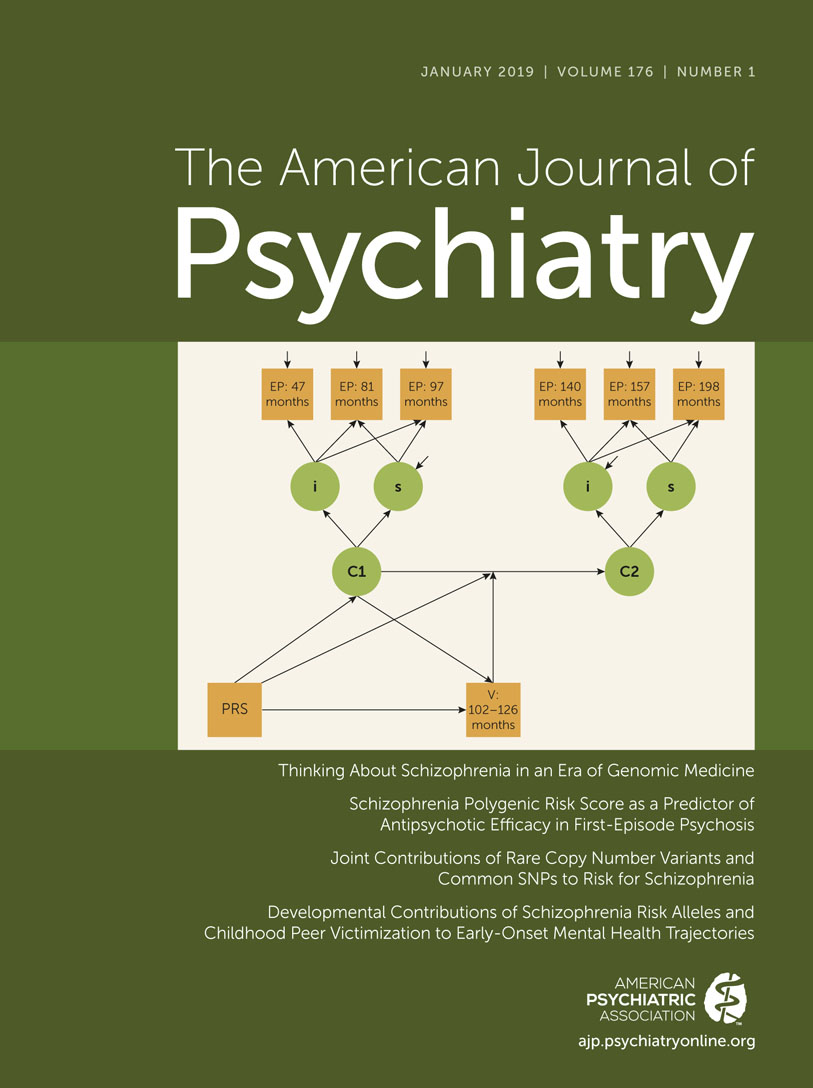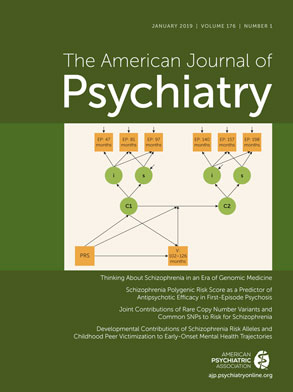Misuse of Immediate-Release Stimulants: Response to Diller
| Subtype | Controlled Substances Act Schedule | Comments |
|---|---|---|
| Amphetamine products | II | Subtype includes Adderall, Adderall XR, Dexedrine, Vyvanse, generic dextroamphetamine, generic amphetamine-dextroamphetamine combinations, generic extended-release amphetamine-dextroamphetamine combinations, or similar products that respondents specified for past-year misuse. Vyvanse is included because its active ingredient (lisdexamfetamine) is metabolized to dextroamphetamine. |
| Methylphenidate products | II | Subtype includes Ritalin, Ritalin SR, Ritalin LA, Concerta, Daytrana, Metadate CD, Metadate ER, Focalin, Focalin XR, generic methylphenidate, generic extended-release methylphenidate, generic dexmethylphenidate, generic extended-release dexmethylphenidate, and any other stimulant containing methylphenidate that respondents specified for past-year misuse. |
| Anorectic (weight-loss) stimulants | III or IV | Subtype includes Didrex, benzphetamine, Tenuate, diethylpropion, phendimetrazine, phentermine, or similar products that respondents specified for past-year misuse. Didrex, benzphetamine, and phendimetrazine are schedule III controlled substances. Tenuate, diethylpropion, and phentermine are schedule IV controlled substances. |
| Provigil | IV | The active ingredient is modafinil. The drug is prescribed to improve wakefulness in adult patients with excessive sleepiness associated with narcolepsy, obstructive sleep apnea, or shift-work disorder. |
| Any other prescription stimulant | — | Includes use or misuse of stimulants containing other active ingredients. |
References
Information & Authors
Information
Published In
History
Keywords
Authors
Competing Interests
Funding Information
Metrics & Citations
Metrics
Citations
Export Citations
If you have the appropriate software installed, you can download article citation data to the citation manager of your choice. Simply select your manager software from the list below and click Download.
For more information or tips please see 'Downloading to a citation manager' in the Help menu.
View Options
View options
PDF/EPUB
View PDF/EPUBLogin options
Already a subscriber? Access your subscription through your login credentials or your institution for full access to this article.
Personal login Institutional Login Open Athens loginNot a subscriber?
PsychiatryOnline subscription options offer access to the DSM-5-TR® library, books, journals, CME, and patient resources. This all-in-one virtual library provides psychiatrists and mental health professionals with key resources for diagnosis, treatment, research, and professional development.
Need more help? PsychiatryOnline Customer Service may be reached by emailing [email protected] or by calling 800-368-5777 (in the U.S.) or 703-907-7322 (outside the U.S.).

